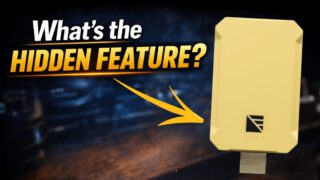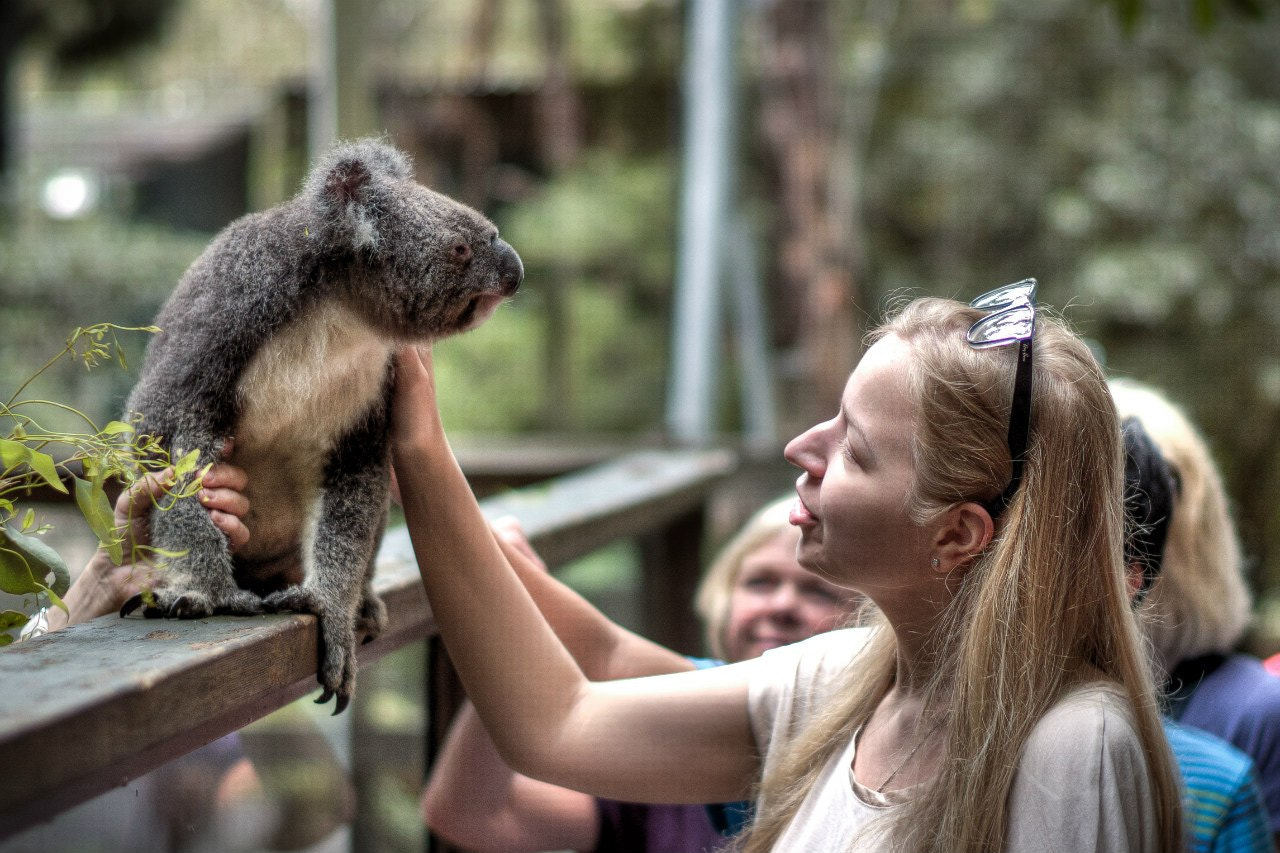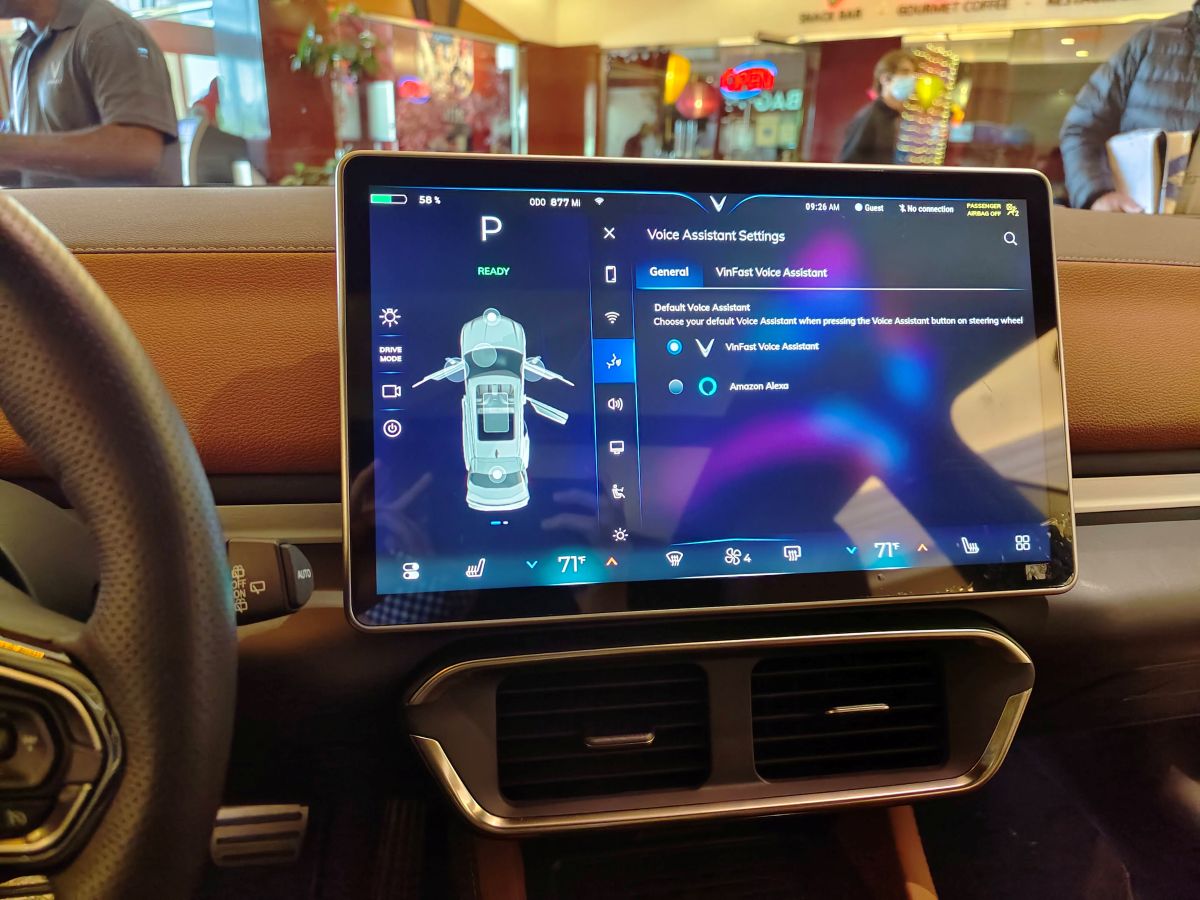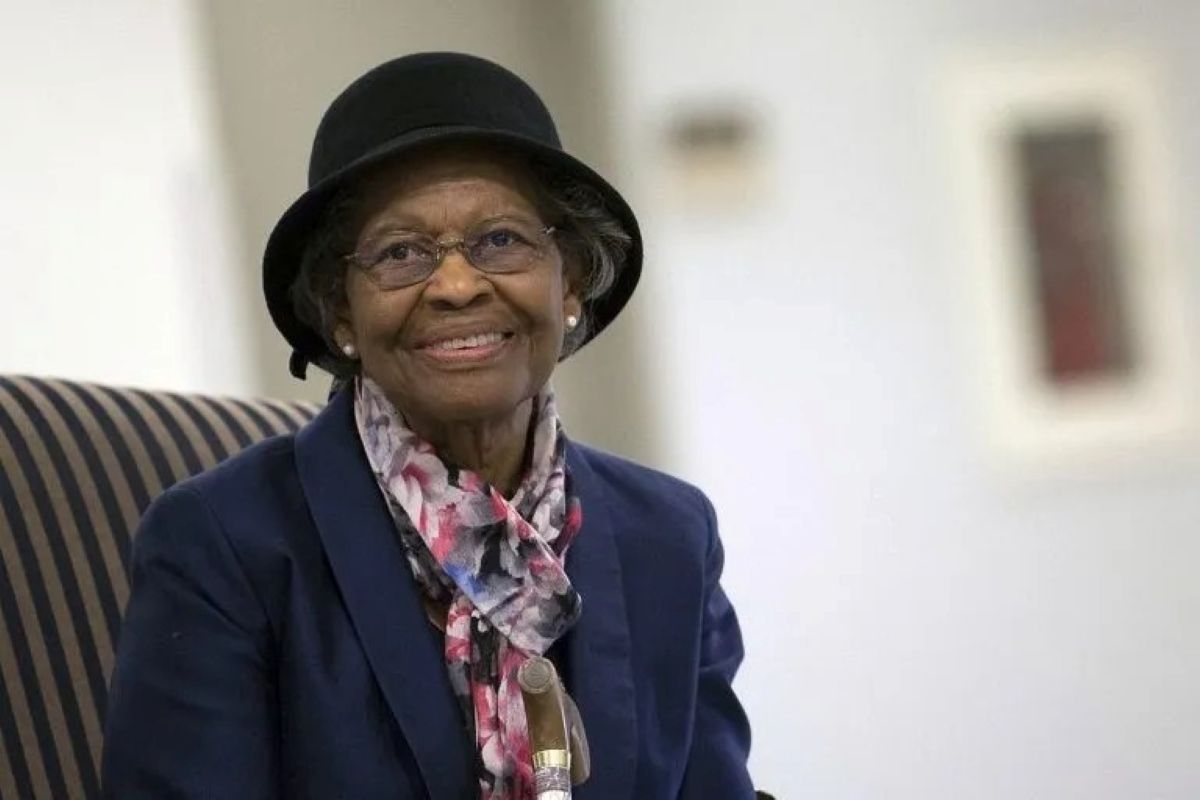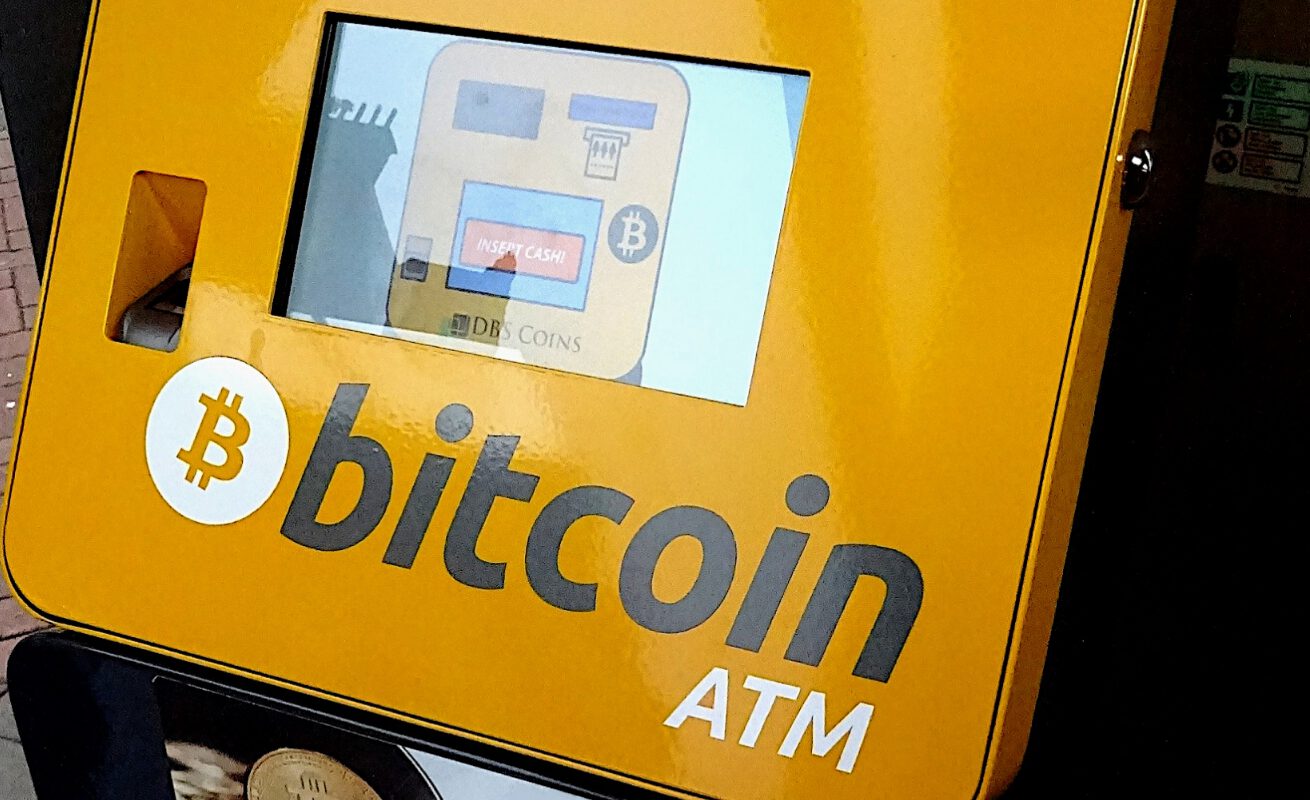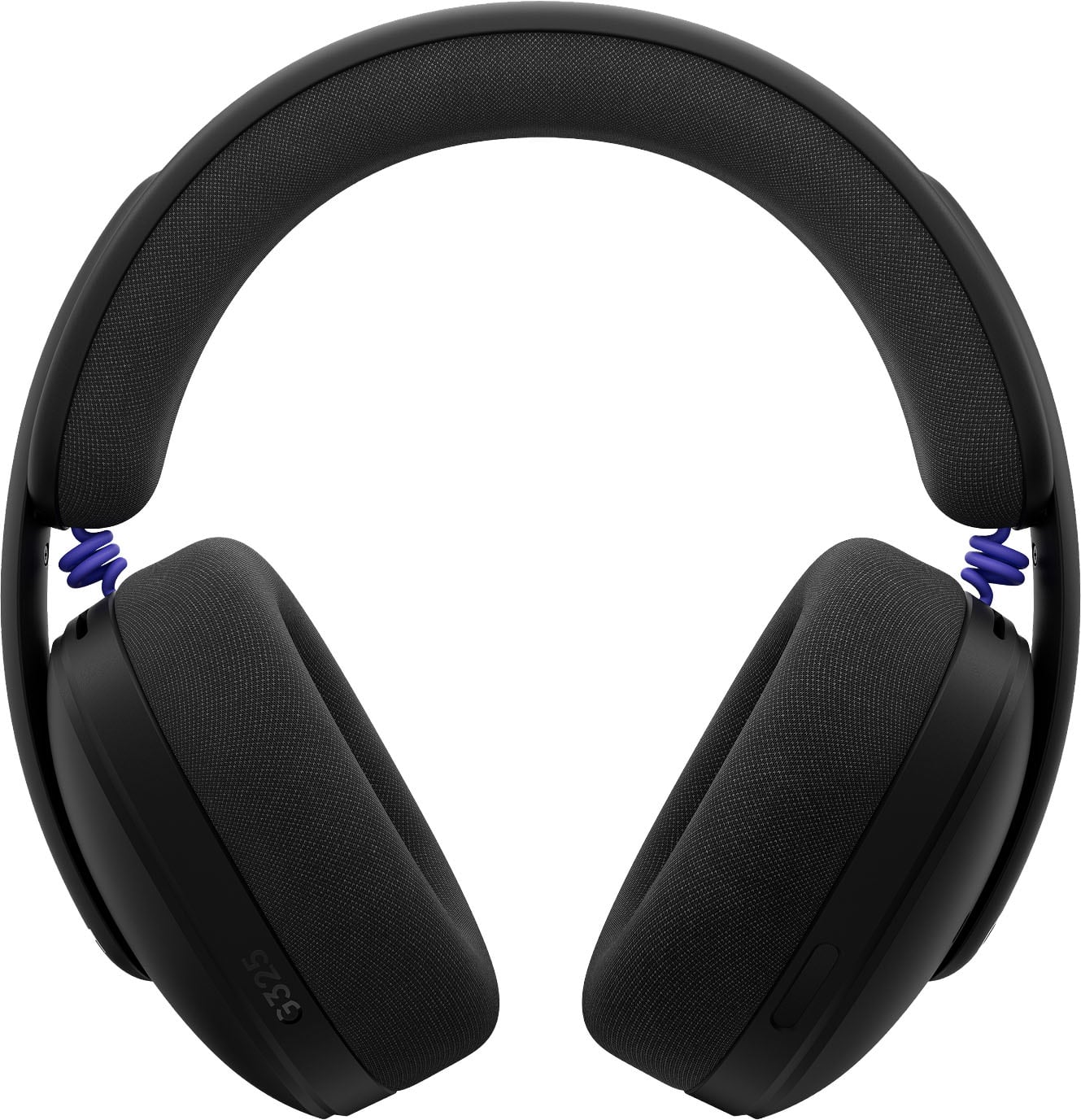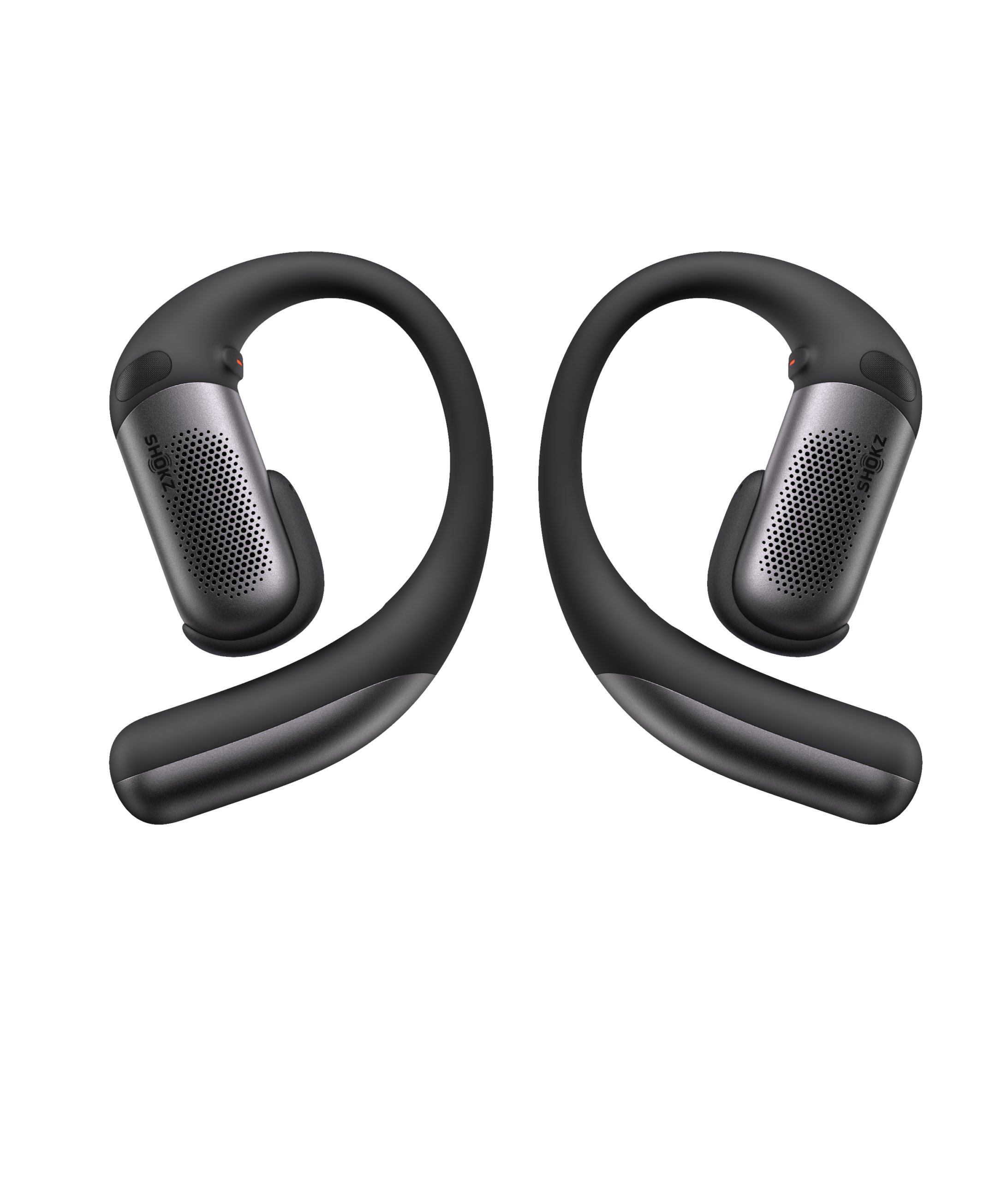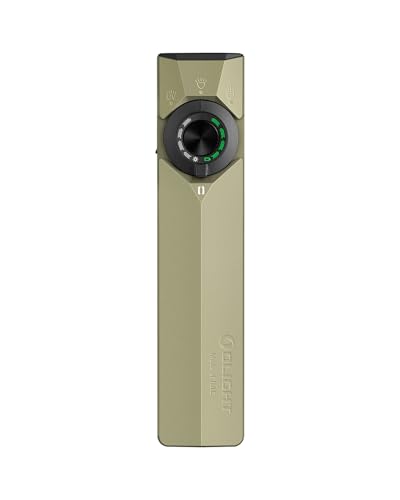Multiple talent agencies are fighting to represent Tilly Norwood, a rising actress with 40,000 Instagram followers and screen test footage that’s generating buzz. Here’s the twist: Norwood doesn’t exist. She’s entirely AI-generated, created by London-based company Xicoia and unveiled at the Zurich Film Festival in September. Now Hollywood’s having its “ChatGPT moment“—and the reaction is pure panic.
The Industry Strikes Back
A-list actors and unions mobilize against synthetic performers threatening creative livelihoods.
The backlash arrived faster than a bad movie sequel. Emily Blunt captured the mood perfectly: “This is really, really scary. Come on, agencies, don’t do that. Please stop taking away our human connection.” She wasn’t alone—Toni Collette, Natasha Lyonne, and others joined the chorus demanding agencies reject AI talent.
SAG-AFTRA went nuclear with an official statement calling Norwood’s existence a threat built on Emily Blunt, saying “stolen performances to put actors out of work.” The union reminded everyone that contracts already require bargaining before using synthetic performers—a rule apparently nobody told the agents.
The Ethics of Digital Theft
Training AI on existing performances without consent raises fundamental questions about creative ownership.
Mara Wilson hit the core issue: identity theft. Norwood wasn’t conjured from thin air – she’s trained on real actors’ work, their expressions, their craft, all without permission or compensation. It’s like sampling someone’s song without credits, except the stakes are entire careers.
SAG-AFTRA’s language was deliberately harsh, calling her “a computer character built on unauthorized performances” that lacks genuine emotion or human experience. When your union starts talking about the irreplaceable value of lived experience, you know the threat feels existential.
Art or Automation?
Creators defend their digital actress as artistic expression while Hollywood sees economic warfare.
Creator Eline Van der Velden pushed back hard, framing Norwood as “a creative work—a piece of art” that sparks necessary conversation. The defense sounds reasonable until you remember that multiple agencies are literally trying to sign this “art piece” for paying gigs. That’s not a gallery exhibition—that’s job displacement with better PR.
The timing couldn’t be worse, arriving alongside OpenAI’s Sora 2 and other generative video tools that make synthetic performances increasingly seamless and affordable.
The Norwood controversy exposes entertainment’s deepest fear: automation replacing human creativity entirely. Unlike factory jobs or customer service, acting was supposed to require something uniquely human – vulnerability, lived experience, authentic emotion. If those qualities can be synthesized and packaged for Instagram, what creative work remains safe from the algorithm?







